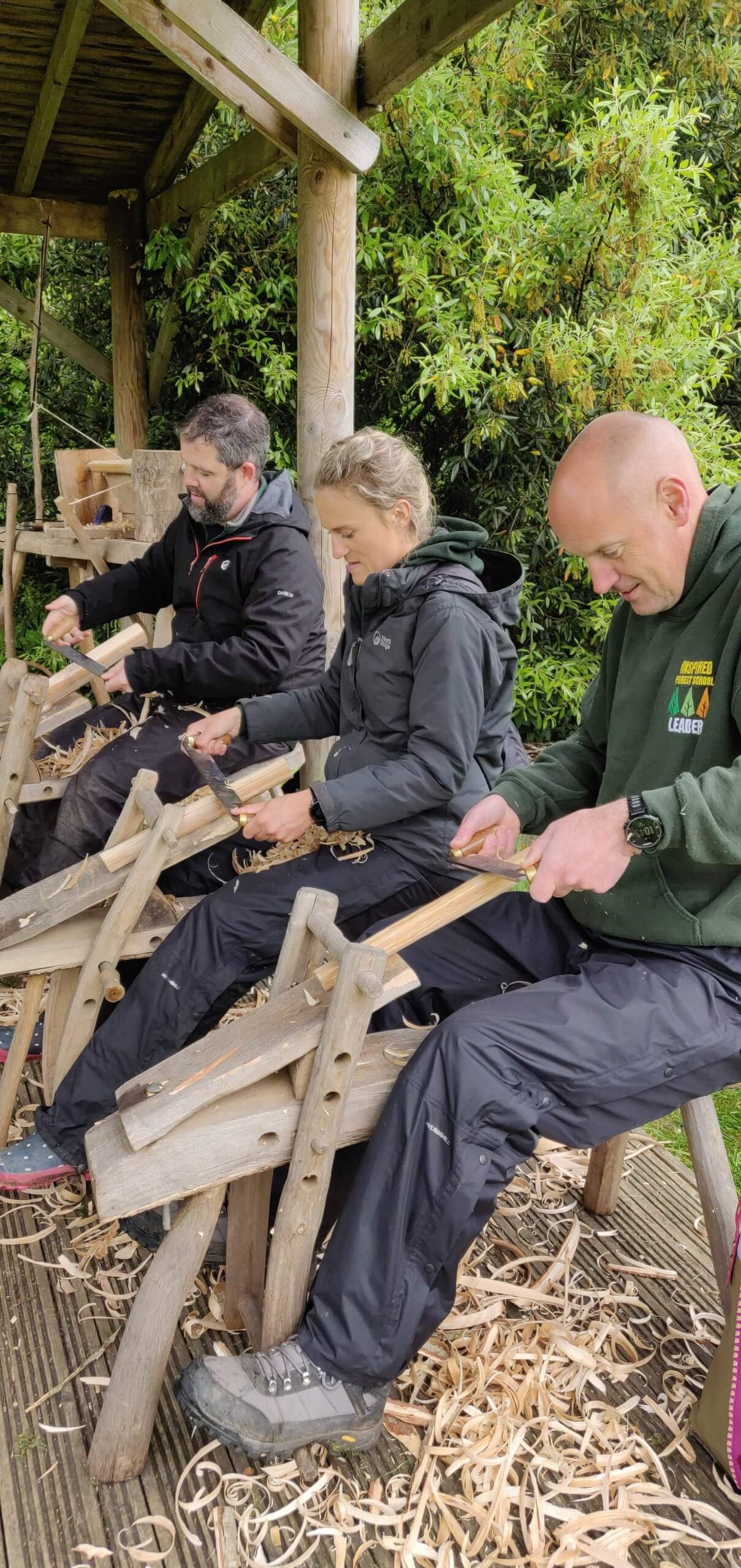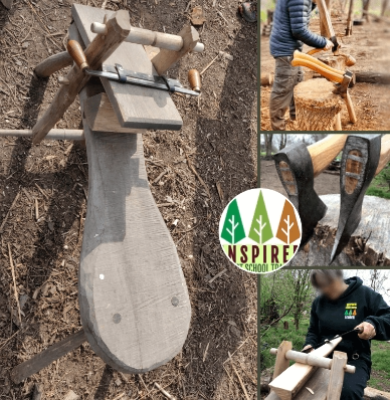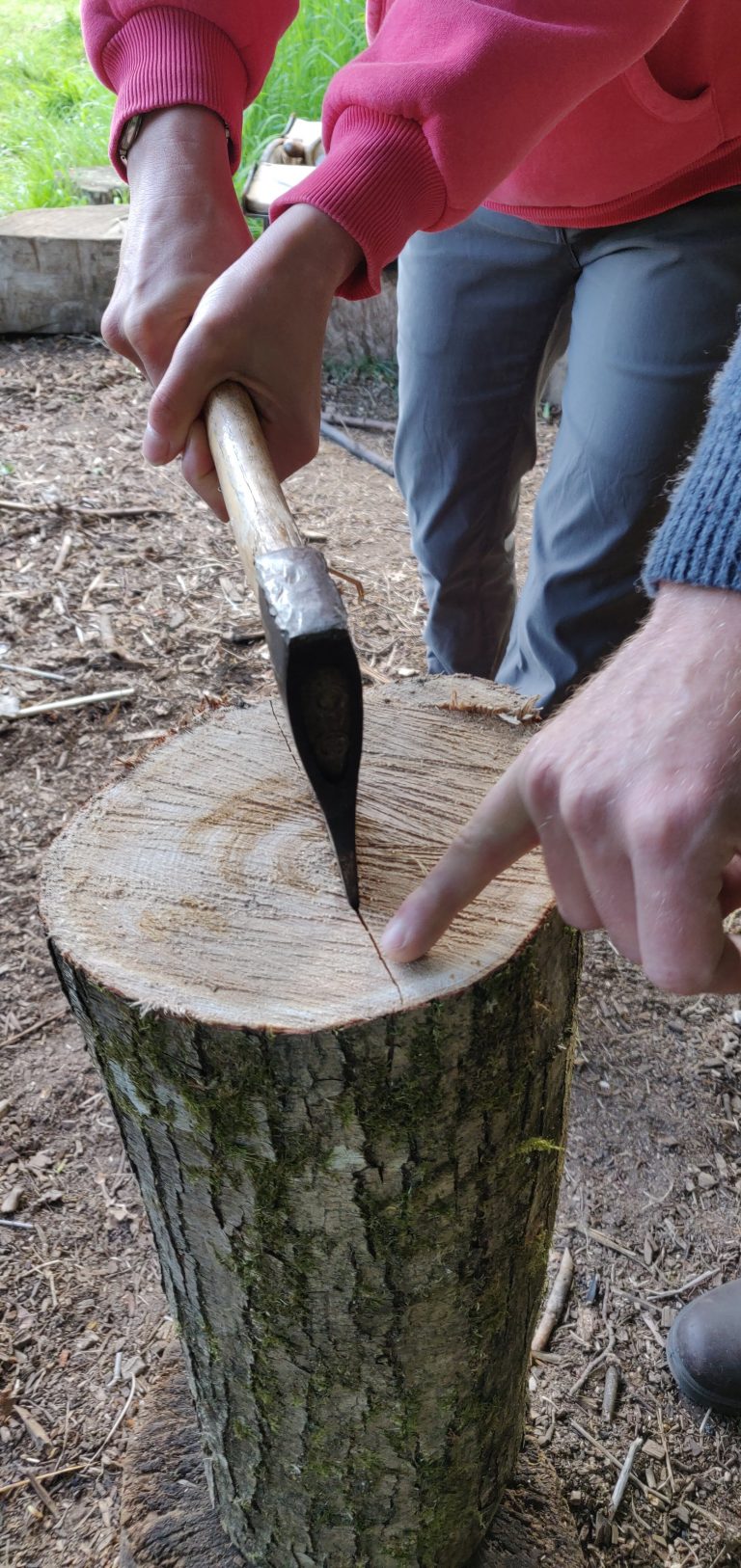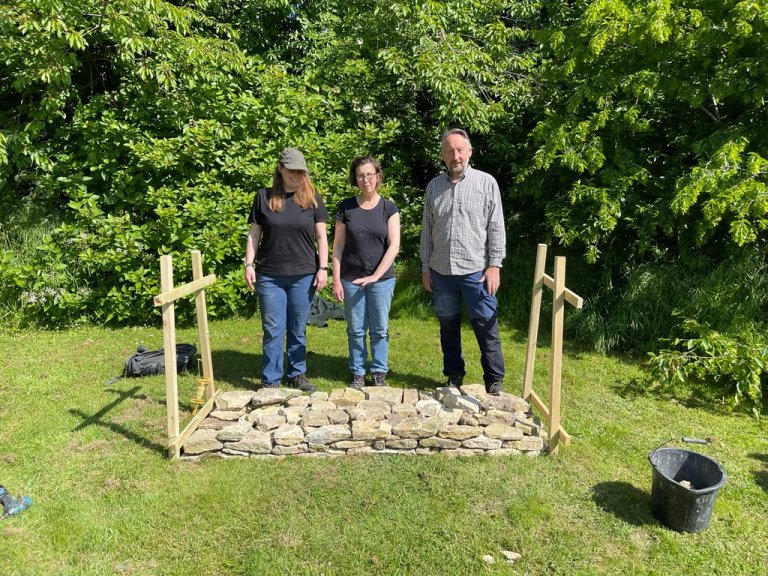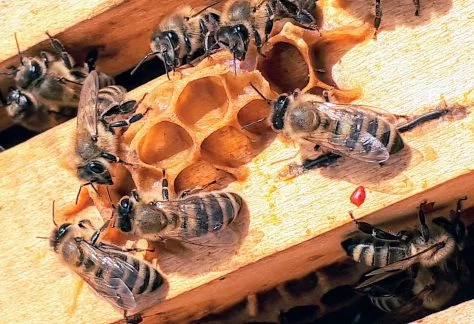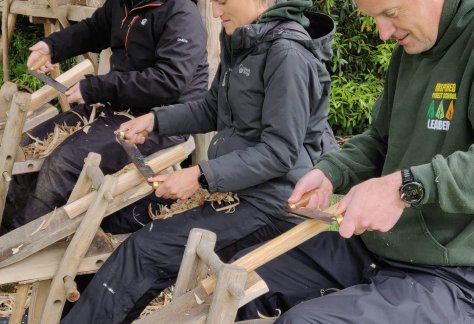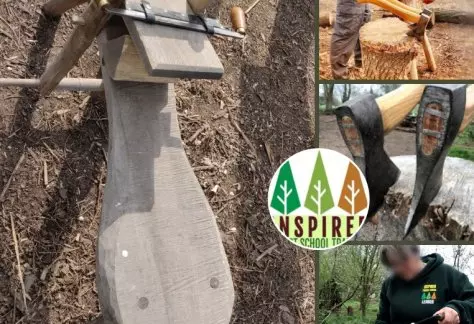|
Getting your Trinity Audio player ready...
|
Welcome to our comprehensive guide on Forest School Training for Youth Workers. In today’s fast-paced digital age, the importance of reconnecting with nature has become increasingly evident, especially for our youth. Forest School Training offers a unique approach to education, focusing on outdoor learning in natural environments. In this article, we’ll delve into what Forest School Training entails, why it’s crucial for youth workers, and how it can positively impact both youth development and environmental stewardship.
Understanding Forest School Training
Forest School Training originated in Scandinavia in the 1950s and has since gained traction worldwide as an effective educational approach. At its core, Forest School emphasizes hands-on, holistic learning experiences in natural settings. Unlike traditional classrooms, Forest School sessions take place predominantly outdoors, allowing participants to engage with nature directly. This immersive learning environment fosters curiosity, creativity, and a deeper connection to the natural world.
Key Components of Forest School Training:
🌿 Nature Immersion: Forest School sessions take place in forests, woodlands, or other natural settings, providing participants with opportunities to explore and interact with the environment.
🌟 Child-Led Learning: Instead of following a rigid curriculum, Forest School encourages child-led learning, where participants are empowered to direct their own learning experiences based on their interests and curiosities.
⚡ Risk-taking: Forest School embraces managed risk-taking as a means to promote resilience, problem-solving skills, and confidence in participants. Activities such as climbing trees, building shelters, and exploring unfamiliar terrain are integral to the Forest School experience.
🎉 Play and Exploration: Play is central to the Forest School philosophy, as it is recognized as a fundamental aspect of children’s development. Through unstructured play and exploration, participants learn valuable life skills, including cooperation, communication, and teamwork.
Importance of Forest School Training for Youth Workers
Youth workers play a vital role in supporting the holistic development of young people. By undergoing Forest School Training, youth workers can enhance their skill set and broaden their toolkit for engaging with youth. Here’s why Forest School Training is essential for youth workers: 🌳 Nature Connection: Forest School Training helps youth workers deepen their own connection to nature, enabling them to inspire and guide young people in reconnecting with the natural world. 🌈 Holistic Development: The child-led, experiential nature of Forest School fosters holistic development, addressing not only cognitive but also social, emotional, and physical aspects of learning. 🌍 Environmental Stewardship: By instilling a sense of respect and appreciation for the environment, Forest School Training empowers youth workers to nurture future generations of environmentally conscious citizens.
Benefits of Forest School Training for Youth Workers
💡 Enhanced Creativity and Problem-Solving Skills: Forest School Training equips youth workers with creative teaching methods and problem-solving strategies, fostering innovation and critical thinking in their practice. 😊 Improved Wellbeing: Spending time in nature has been linked to numerous health benefits, including reduced stress levels, improved mood, and increased physical activity. By incorporating nature-based activities into their programs, youth workers can promote the wellbeing of both themselves and the young people they work with. ♻️ Sustainable Practice: Forest School Training emphasizes sustainable and eco-friendly practices, encouraging youth workers to minimize their environmental footprint and promote environmental sustainability in their work.
In conclusion, Forest School Training offers a holistic approach to youth work, integrating nature-based learning, child-led exploration, and environmental stewardship. By embracing the principles of Forest School, youth workers can unlock the transformative power of nature, empowering young people to thrive in both their personal development and their relationship with the natural world. If you’re a youth worker looking to expand your skills and make a meaningful impact, consider embarking on the journey of Forest School Training—it’s a decision that can truly change lives, one tree at a time. 🌿🌟
🎊Forest School Conference 2024
University Of Gloucestershire
Oxstalls Campus, Longlevens
🪚Chopping Block Workshop: Advanced Tool Skills
Inspired Forest School Training
Inspired Forest School Training, Station Road, Churchdown, Gloucestershire, GL3 2JX
⛑️Forest School First Aid
Inspired Forest School Training
Inspired Forest School Training, Station Road, Churchdown, Gloucestershire, GL3 2JX
⛑️Forest School First Aid
Inspired Forest School Training
Inspired Forest School Training, Station Road, Churchdown, Gloucestershire, GL3 2JX


